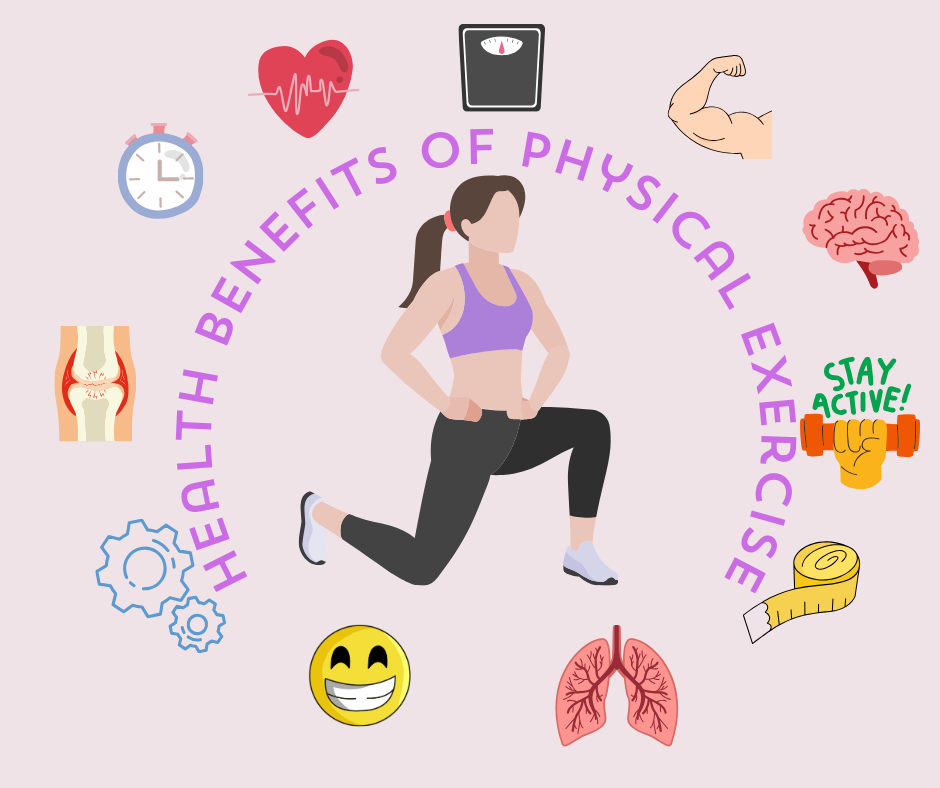The Importance of Exercise and Health
I’m going to level with you – understanding the relationship between exercise and health is crucial. It isn’t just about losing weight or building muscle; it’s also about your body’s overall well-being. Regular physical activity can enhance every aspect of your health, from your heart pumping more efficiently to your muscles growing stronger.
What Happens to Your Body When You Exercise
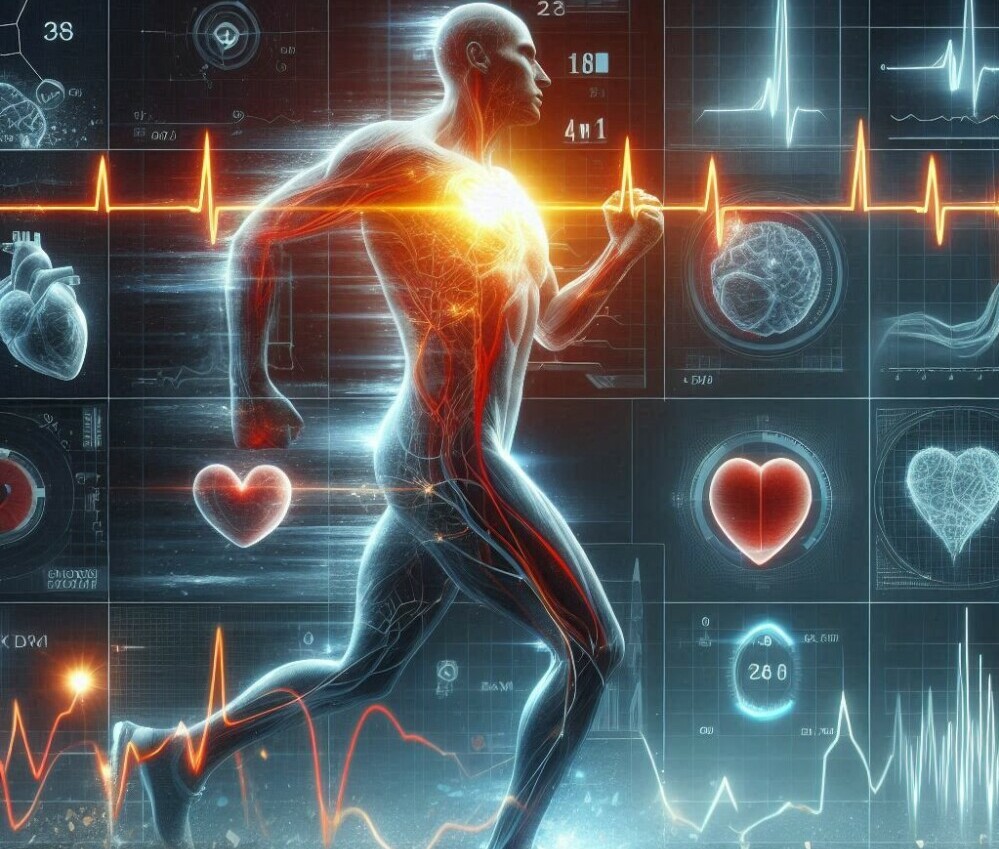 Now, what happens to your body when you exercise? It’s pretty fascinating. Your heart rate increases, pumping blood to your muscles and supplying them with oxygen. Over time, your heart gets stronger and can pump blood more efficiently, which is a nice bonus for your entire circulatory system. And let’s not forget about muscles. They get their own perks, getting toned and more adept at burning calories, even at rest.
Now, what happens to your body when you exercise? It’s pretty fascinating. Your heart rate increases, pumping blood to your muscles and supplying them with oxygen. Over time, your heart gets stronger and can pump blood more efficiently, which is a nice bonus for your entire circulatory system. And let’s not forget about muscles. They get their own perks, getting toned and more adept at burning calories, even at rest.
Exercise and Disease Prevention
You’re going to find out about the critical role exercise plays in disease prevention. Numerous studies have linked regular exercise to a lower risk of chronic conditions such as heart disease, diabetes, and certain cancers. By engaging in physical activity, you’re essentially bolstering your body’s defences, bolstering its natural ability to fight off illness.
Finding the Right Exercise for You
Choose something that resonates with you and aligns with your lifestyle. Exercise isn’t one-size-fits-all, so finding an activity you enjoy is key to making it a staple in your life. You can always adjust your approach down the road, but the important thing is to start moving. And as you make exercise a regular part of your life, you’ll begin to understand its value not only in maintaining physical health but also in improving your mental well-being, which is what I’ll cover next.
Body & Mind: How Exercise Improves Mental Wellbeing
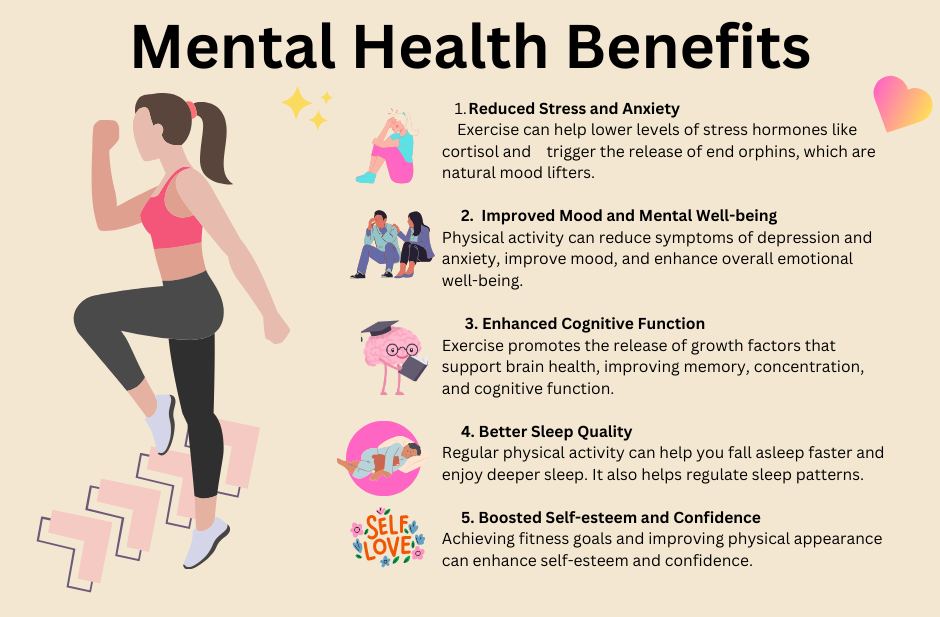 Mood Boost from Exercise
Mood Boost from Exercise
Have you ever noticed the mood boost you get after a brisk walk or a session at the gym? That’s your brain on exercise. Regular physical activity can play a significant role in managing and even improving mental health. Let’s take a closer look.
The Role of ‘Feel-Good’ Hormones
When you engage in exercise, your body releases chemicals like endorphins and serotonin. These are often dubbed the ‘feel-good’ hormones because they can reduce feelings of depression and anxiety. That’s not all though; exercise also promotes neural growth and new activity patterns in the brain that foster feelings of calm and well-being. https://www.ncbi.nlm.nih.gov/pmc/articles/PMC2425585/
Long-Term Brain Health Benefits
Regular physical activity doesn’t just help with short-term mood boosts; it’s also been linked to long-term brain health. Studies have found that regular engagement in physical activity can help protect against cognitive decline as you age. Plus, if you’re looking to sharpen your memory or boost creative thinking, lacing up those sneakers can be more beneficial than you might think.
Exercise for Everyone
What’s important to remember is that you don’t need to be a marathon runner or a fitness guru to reap these benefits. Even modest amounts of exercise can make a noticeable difference. So, consider taking a break right now to stretch, take a brief walk, or engage in some quick heart-pumping activity. Your mind will thank you.
Now, as we transition from mental to more visceral health advantages, I’m going to explore how exercise doesn’t just keep our minds sharp but also plays a pivotal role in ensuring our bodies remain robust and youthful, travelling with us into a hopeful future.
Longevity and Quality of Life: Exercise as a Lifelong Ally
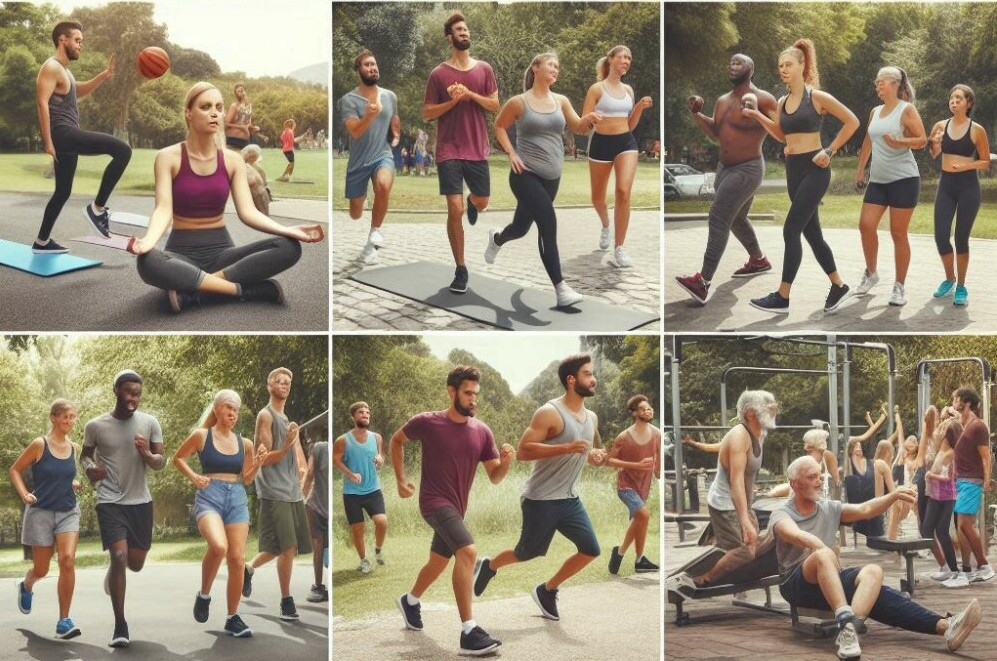 Here’s a truth that might get you moving: regular exercise isn’t just a ticket to a fitter body; it’s a passport to a longer, more vibrant life. I’m going to talk about the profound effects that staying active can have on your lifespan and quality of life as you age.
Here’s a truth that might get you moving: regular exercise isn’t just a ticket to a fitter body; it’s a passport to a longer, more vibrant life. I’m going to talk about the profound effects that staying active can have on your lifespan and quality of life as you age.
Combatting the Ageing Process with Physical Activity
It turns out that physical activity is a formidable foe against the ageing process. By engaging in regular exercise, you’re helping to preserve your body’s functions, from the flexibility of your joints to the efficiency of your heart. It’s a powerful way to combat the decline that often comes with age.
Finding Joy in Your Exercise Routine
Choosing something that resonates with you will be important for maintaining a sustainable routine. Whether it’s swimming laps at the local pool, joining a dance class, or taking brisk walks, select an activity that you enjoy. That way, your exercise routine becomes a source of pleasure, not a chore.
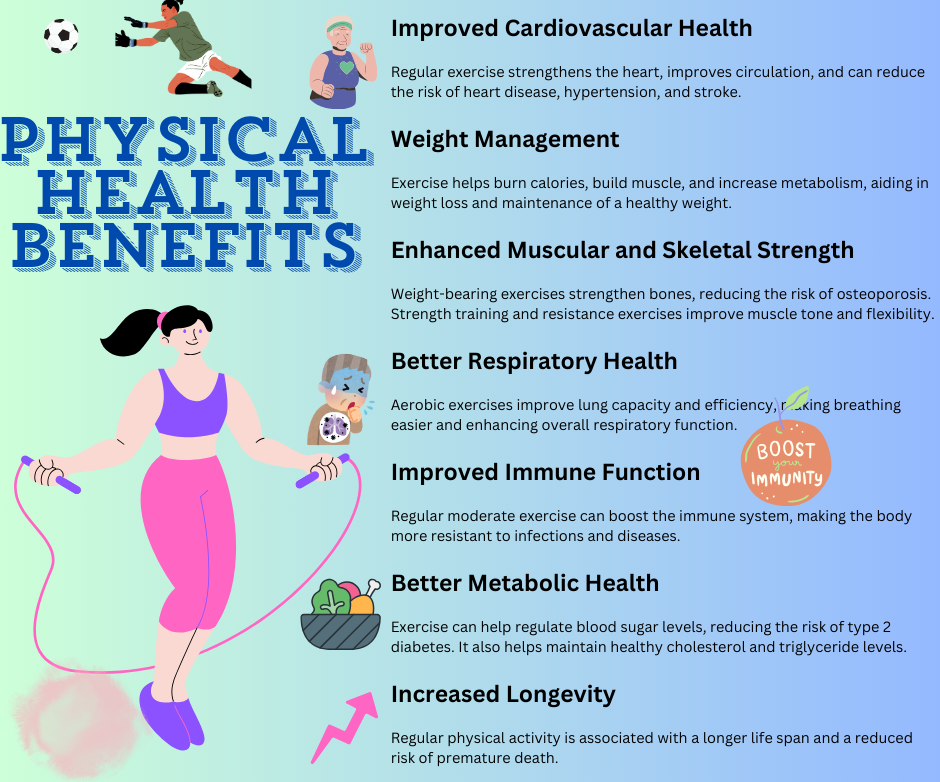 Adding Life to Your Years with Regular Exercise
Adding Life to Your Years with Regular Exercise
Exercise doesn’t just add years to your life; it adds life to your years. By staying active, you’re more likely to retain your independence later in life, manage health conditions effectively, and engage fully with the world around you. All of this contributes to a high quality of life, even as you enter your senior years.
Inspiring Stories of Lifelong Activity
Real-life examples abound of individuals who have embraced physical activity at every stage of life and reaped the benefits of enhanced vitality. These stories aren’t just inspiring; they’re proof that it’s never too late to benefit from the protective effects of regular exercise.
Creating a Sustainable Exercise Routine – Practical Tips
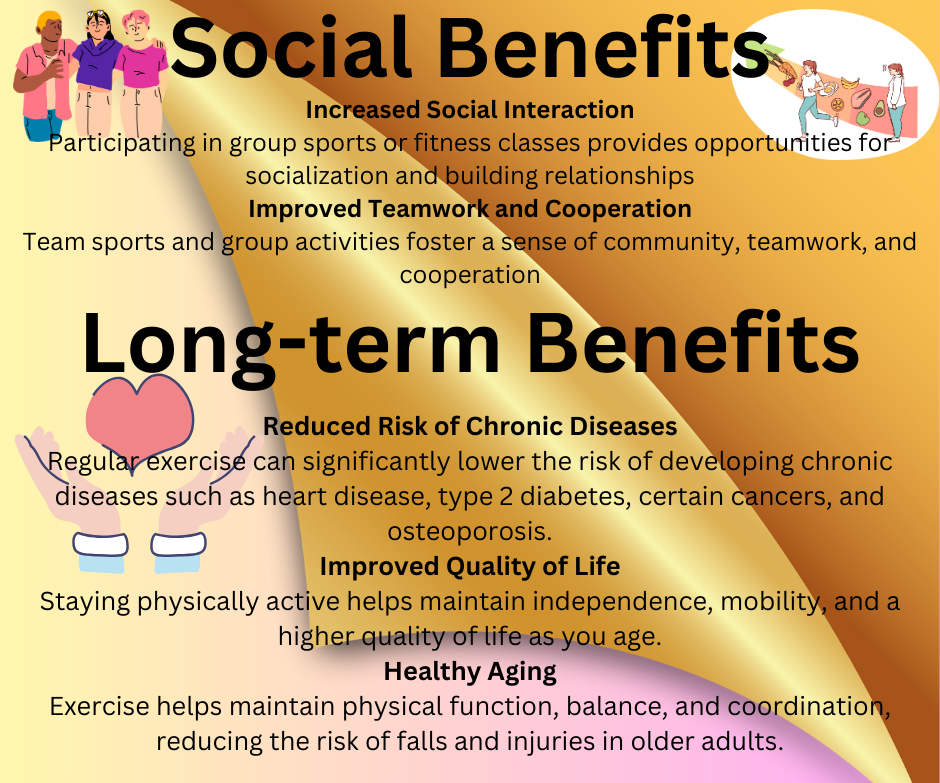 I’m going to let you in on a simple truth: consistency is king when it comes to reaping the full health benefits of physical exercise. It’s not about intense short bursts, but rather about what you can stick with over the long haul.
I’m going to let you in on a simple truth: consistency is king when it comes to reaping the full health benefits of physical exercise. It’s not about intense short bursts, but rather about what you can stick with over the long haul.
Choose something that resonates with you. Whether it’s yoga, swimming, or a daily walk, picking an activity you enjoy is crucial for long-term success. You’re more likely to keep at it if you’re having fun.
Don’t worry too much about creating the perfect workout schedule from the get-go. You can always adjust your approach down the road. Start small—maybe a 10-minute walk each day—and before you know it, you’ll be looking forward to that part of your day.
Have you ever wondered if those 10,000 daily step goals are really necessary? Well, they aren’t set in stone. The key is to find your own rhythm and gradually increase your activity level in a way that feels achievable and, most importantly, sustainable.
In my opinion, tracking your progress can be incredibly motivating. It blows me away in terms of quality when I can see what I’ve accomplished over time. Whether it’s through a simple notebook or a fitness app, keeping a log can help you stay on track.
And remember, your first attempt doesn’t need to be your last. If you find that a particular activity isn’t working for you after giving it a fair shot, pivot. The fitness world is brimming with options, and there’s undoubtedly something out there that’s a perfect fit for you.
Choosing the Right Sport
Whether you’re overworked, preparing for exams, dealing with unruly kids, or feeling general discontent, one solution stands out: exercise. Physical activity has long been regarded as a miracle cure for stress. Regardless of your fitness level, moving your body can lead to significant improvements in your mood and overall well-being.
The Joy of Swimming
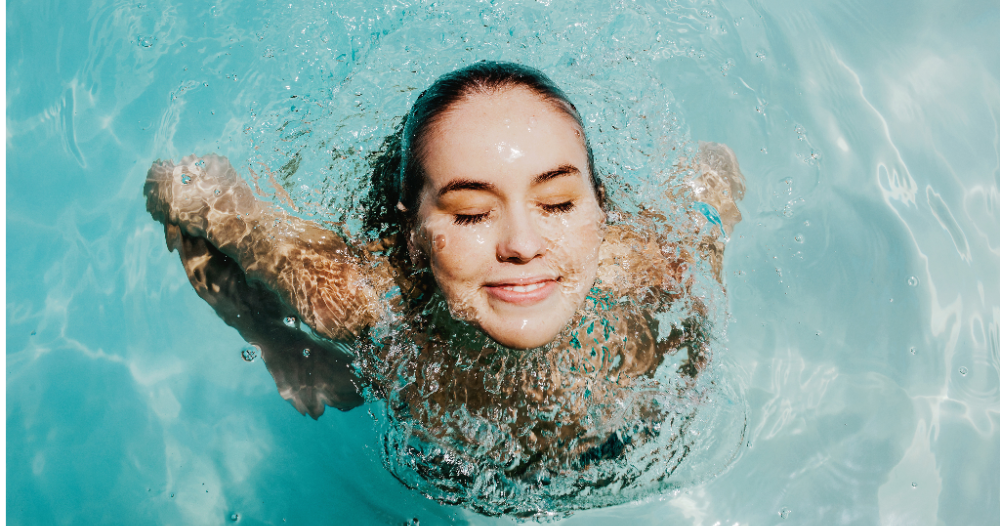 Don’t miss out on swimming, especially if you live near a body of water. Swimming is a fantastic exercise that simultaneously works and massages your muscles. It provides a full-body workout, engaging your core, arms, legs, and back, while also being low-impact and easy on your joints. Additionally, swimming can improve cardiovascular health, enhance endurance, and boost flexibility. It’s also a refreshing way to stay cool during hot weather and can be a fun social activity when enjoyed with friends and family.
Don’t miss out on swimming, especially if you live near a body of water. Swimming is a fantastic exercise that simultaneously works and massages your muscles. It provides a full-body workout, engaging your core, arms, legs, and back, while also being low-impact and easy on your joints. Additionally, swimming can improve cardiovascular health, enhance endurance, and boost flexibility. It’s also a refreshing way to stay cool during hot weather and can be a fun social activity when enjoyed with friends and family.
Gym, Yoga, or Jogging?
Each of these activities can enhance both your physical and mental health. Here are some simple yet effective exercises that can improve your health and appearance:
Walking
 Walking is a low-impact activity that benefits both your looks and general health. Regular walks can release stress, calm your body and mind, and improve heart and blood vessel health. Just 30 minutes a day can yield visible results quickly. Start with 10 minutes a day if you’re new to exercise, and gradually increase your time and pace. You can even use apps to track your steps and turn them into rewards!
Walking is a low-impact activity that benefits both your looks and general health. Regular walks can release stress, calm your body and mind, and improve heart and blood vessel health. Just 30 minutes a day can yield visible results quickly. Start with 10 minutes a day if you’re new to exercise, and gradually increase your time and pace. You can even use apps to track your steps and turn them into rewards!
Yoga
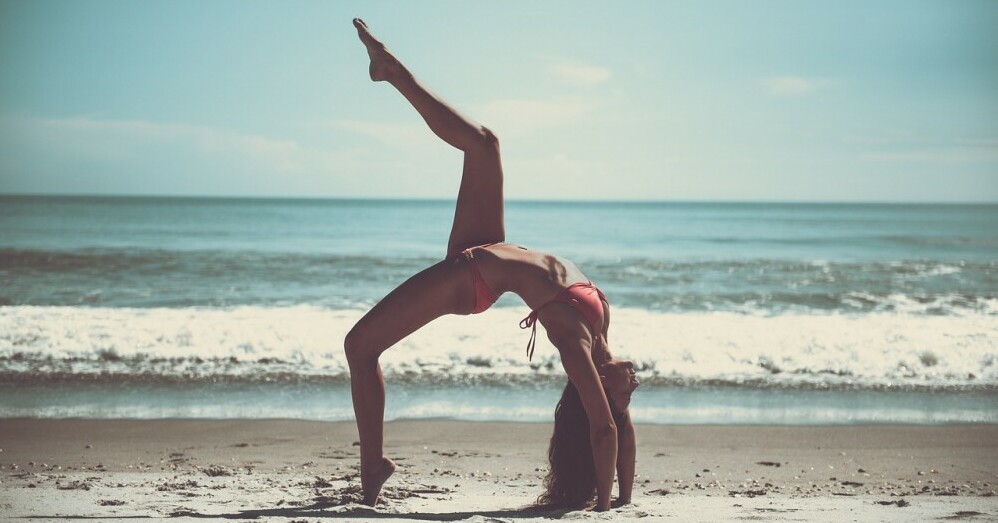 One of my favourite activities, yoga is celebrated globally for its benefits to mental and physical health. It focuses on correct breathing, relaxation, positive thinking, meditation, and a healthy diet. Yoga exercises synchronize breathing and movement, promoting balance and unity of body and mind. You don’t need special equipment, just some space and perhaps a towel or mat. Free online courses are widely available to help you get started.
One of my favourite activities, yoga is celebrated globally for its benefits to mental and physical health. It focuses on correct breathing, relaxation, positive thinking, meditation, and a healthy diet. Yoga exercises synchronize breathing and movement, promoting balance and unity of body and mind. You don’t need special equipment, just some space and perhaps a towel or mat. Free online courses are widely available to help you get started.
Face-Yoga and Face-Massage
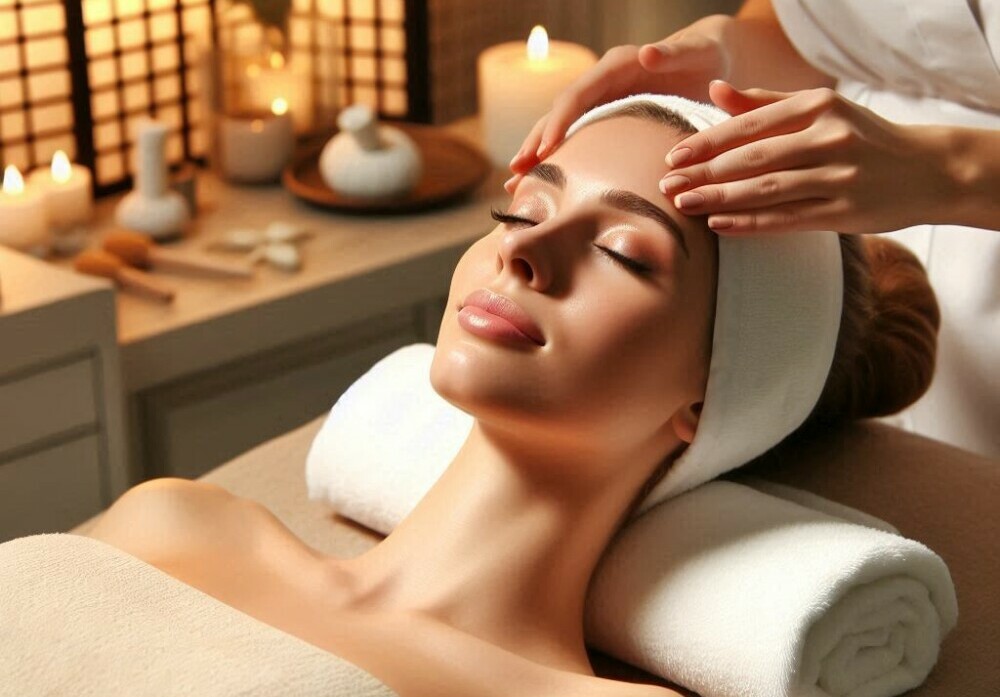 Stress can accumulate in the muscles of your face and jaw. Regular face exercises can help release this tension, keep your face youthful, and aid in managing conditions like MS. Tutorials for face yoga and massages are popular for rejuvenation and healing.
Stress can accumulate in the muscles of your face and jaw. Regular face exercises can help release this tension, keep your face youthful, and aid in managing conditions like MS. Tutorials for face yoga and massages are popular for rejuvenation and healing.
I wrote a little more about this in another post, as the face truly is a mirror of our state and soul. For more details on face yoga and face massage, be sure to check it out!
Dance
 Dancing is a fun and effective way to relieve stress and boost your mood. Whether you dance alone, with a partner, or in a group, it can significantly improve your fitness and self-esteem. There are many types of dance and plenty of online tutorials to choose from.
Dancing is a fun and effective way to relieve stress and boost your mood. Whether you dance alone, with a partner, or in a group, it can significantly improve your fitness and self-esteem. There are many types of dance and plenty of online tutorials to choose from.
Qigong
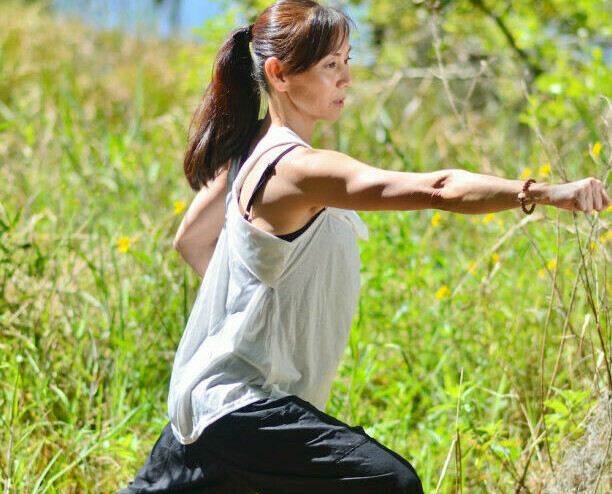 If traditional exercise feels daunting, Qigong offers a gentle and effective way to improve your endurance and overall health. This ancient Chinese practice involves simple, slow movements, mental concentration, and deep breathing. Qigong promotes relaxation, energy balance, and stress reduction without intense physical exertion.
If traditional exercise feels daunting, Qigong offers a gentle and effective way to improve your endurance and overall health. This ancient Chinese practice involves simple, slow movements, mental concentration, and deep breathing. Qigong promotes relaxation, energy balance, and stress reduction without intense physical exertion.
Pilates
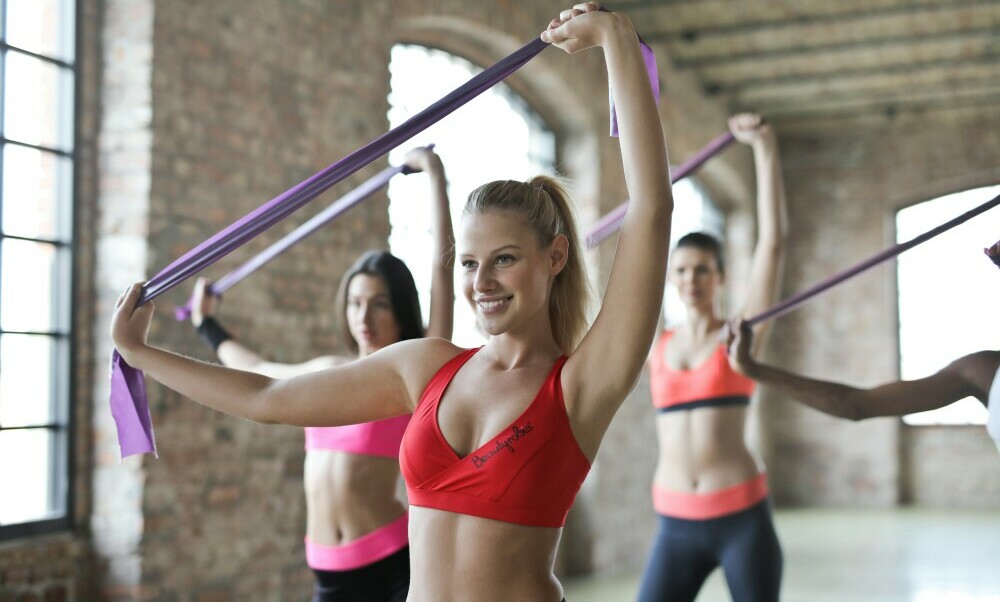 Pilates focuses on controlled, repeated movements to strengthen, lengthen, and tone muscles. It improves flexibility, and posture, and can help with weight loss. It’s an excellent choice for beginners, with many online resources available for home practice.
Pilates focuses on controlled, repeated movements to strengthen, lengthen, and tone muscles. It improves flexibility, and posture, and can help with weight loss. It’s an excellent choice for beginners, with many online resources available for home practice.
The Gym
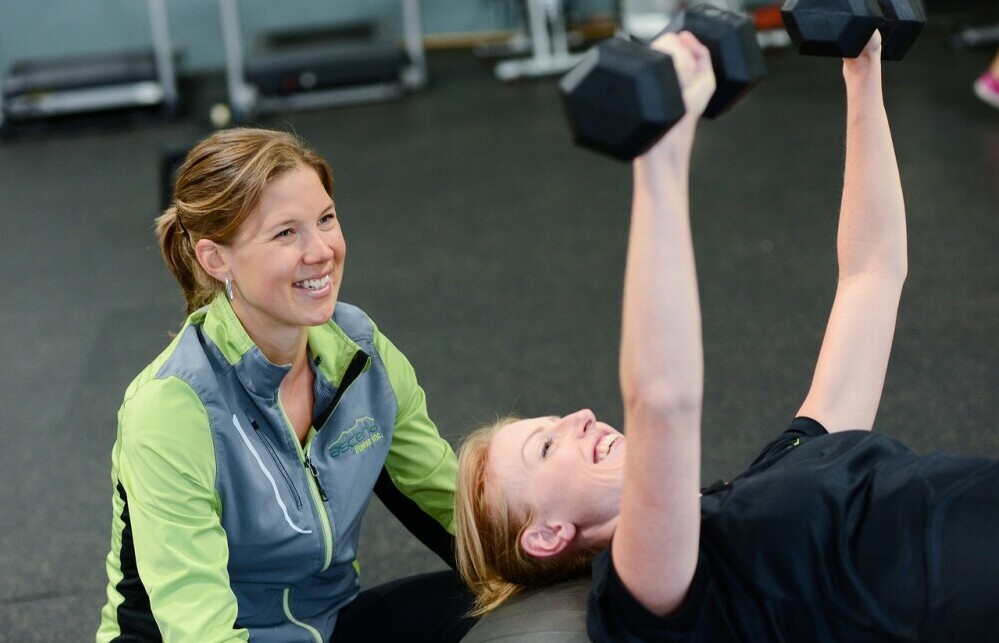 The gym offers a variety of equipment and social support to help you achieve your fitness goals. Whether you’re using a treadmill, bike, or weights, there’s always someone available to provide advice and assistance. If you prefer working out at home, investing in some equipment can be worthwhile.
The gym offers a variety of equipment and social support to help you achieve your fitness goals. Whether you’re using a treadmill, bike, or weights, there’s always someone available to provide advice and assistance. If you prefer working out at home, investing in some equipment can be worthwhile.
Meditation
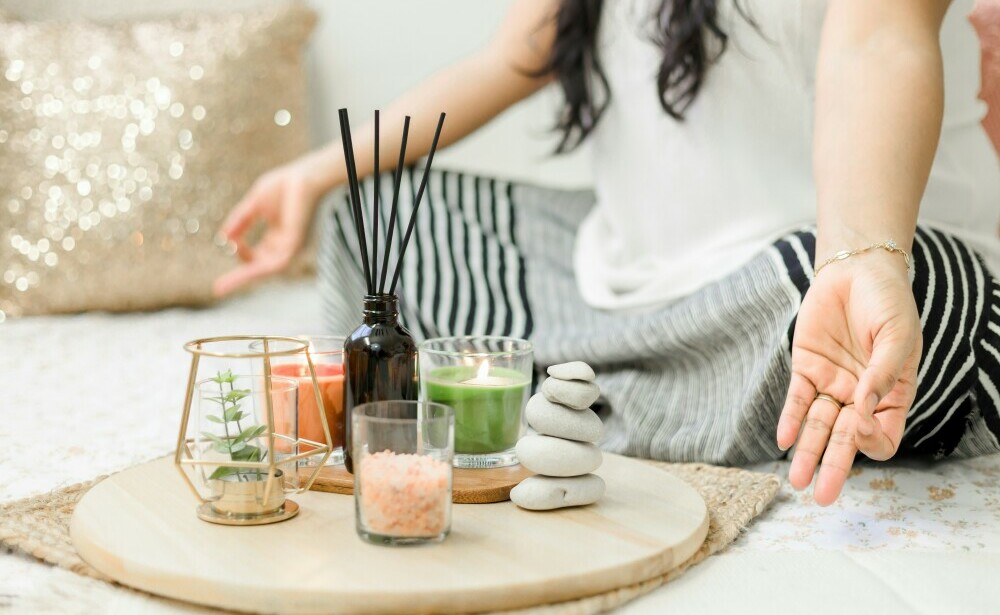 Meditation can be practised on its own or in conjunction with other activities. It enhances the immune system, heart health, and circulation. Regular meditation leads to feelings of harmony and relaxation, making it an ideal practice after physical exercise or as a break from daily routines.
Meditation can be practised on its own or in conjunction with other activities. It enhances the immune system, heart health, and circulation. Regular meditation leads to feelings of harmony and relaxation, making it an ideal practice after physical exercise or as a break from daily routines.
I really hope that you embrace these tips and give yourself the chance to enjoy all the wonderful benefits that come with a sustainable exercise routine. Pick your pace, make it enjoyable, and start seeing those long-term health gains.
Elena
References
2. Mayo Clinic – Exercise: 7 benefits of regular physical activity
3. Harvard Health Publishing – Exercising to relax
4. National Library of Medicine – Exercise for mental health
Disclaimer
This article is for informational purposes only and does not replace professional medical advice. Always consult with your doctor before starting any new exercise program, especially if you have existing health conditions.
Elena writes honest and heartfelt stories about health, mindset, and everyday living. Her goal is to inspire clarity, hope, and small positive changes that create a big difference in life.

